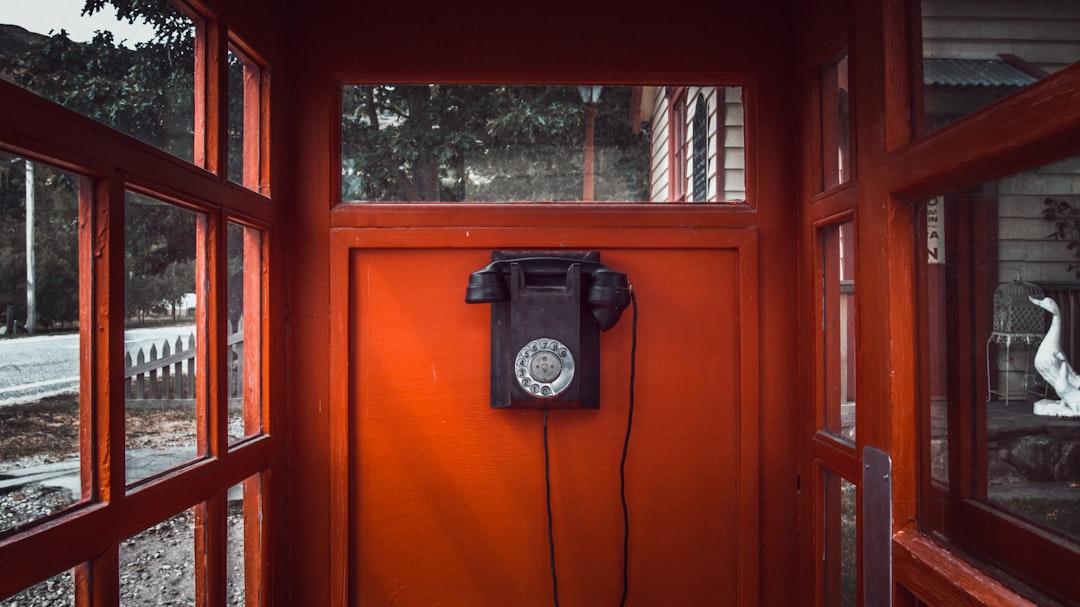Massachusetts residents enjoy robust consumer rights protection against unfair practices. They are encouraged to first use state and non-profit resources for guidance when facing issues, then consider legal action if needed. Key support options include community legal clinics and the Massachusetts Legal Assistance Corporation. Residents can protect their privacy from unwanted calls by enrolling in the Do Not Call List (DNCL) with easy online or phone registration. For persistent violators, consulting a specialized Do Not Call Lawyer Massachusetts or attorney is recommended.
Massachusetts residents have access to a range of consumer resources designed to protect their rights and provide legal aid. This comprehensive guide explores the essential aspects of navigating your legal options in the Bay State. From understanding your rights as a resident to accessing free legal support and managing do-not-call list regulations, this article equips you with valuable knowledge. Discover how to connect with reputable do not call lawyers and attorneys in Massachusetts, ensuring your peace of mind and compliance with local laws.
Understanding Your Rights as a Massachusetts Resident

In Massachusetts, residents have a range of consumer rights that protect them from unfair practices in various areas, including purchasing goods and services. Understanding these rights is crucial for ensuring fairness and justice. For instance, state laws regulate credit and debt collection agencies, prohibiting abusive or harassing tactics when dealing with debts. Residents are also entitled to specific protections regarding the purchase of cars, homes, and certain services, such as those provided by telecommunications companies.
If you’re facing an issue that involves your consumer rights, it’s advisable not to directly contact a lawyer or law firm—at least initially. Instead, explore resources offered by state agencies like the Attorney General’s office or non-profit organizations dedicated to consumer protection. These entities provide guidance and assistance without the need for formal legal action. Remember, knowing your rights is the first step towards resolving any consumer-related problem effectively.
Accessible Resources for Legal Aid and Support

Massachusetts residents have access to numerous resources when it comes to legal aid and support. For those seeking assistance but wishing to avoid traditional lawyer or law firm services, there are several options available. Community legal clinics, often run by local non-profit organizations, offer free or low-cost consultations and representation for a variety of civil legal issues. These clinics cater to the needs of individuals who cannot afford private legal services, providing them with an accessible entry point into navigating their legal rights and options.
Additionally, state and federal government agencies play a vital role in offering legal aid programs. The Massachusetts Legal Assistance Corporation (MLAC) is a significant player in this sector, providing direct legal services and referrals to low-income residents across the commonwealth. Their comprehensive network ensures that residents have access to justice by connecting them with qualified lawyers or community organizations tailored to their specific needs, without the need to directly contact a lawyer or law firm in Massachusetts.
Navigating Do Not Call List Regulations in Massachusetts

In Massachusetts, residents who wish to curb unwanted telemarketing calls can enroll in the state’s Do Not Call List (DNCL). This list is a powerful tool for consumers to protect their privacy and reduce nuisance calls. However, navigating these regulations can be complex, especially when dealing with persistent or aggressive call centers. Enrolling is straightforward; individuals can sign up online through the Massachusetts Attorney General’s website or by calling a dedicated hotline. Once registered, residents are entitled to peace of mind, as most legitimate businesses respect the DNCL and refrain from making telemarketing calls to listed numbers.
If a consumer encounters issues with companies ignoring their DNCL status or faces excessive calls despite being on the list, it’s advisable to consult a specialized lawyer or attorney in Massachusetts who handles such matters. A qualified do not call lawyer can provide guidance, protect individual rights, and ensure businesses comply with state laws. By understanding their rights and knowing when to seek legal assistance, Massachusetts residents can effectively manage their phone communications and enjoy greater control over their personal information.






